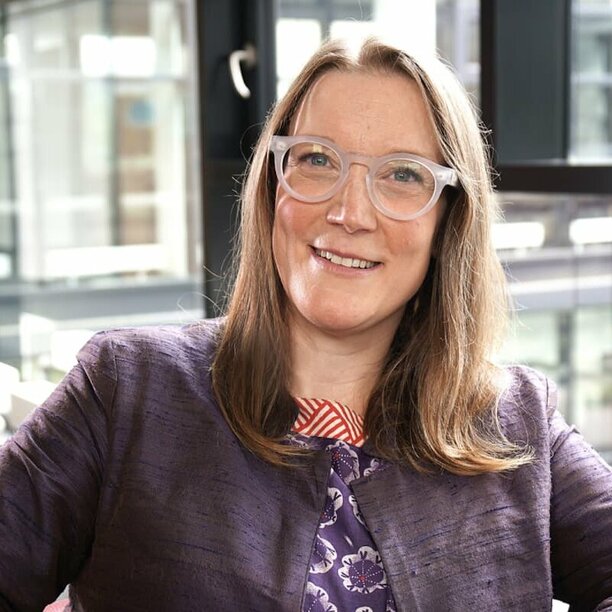Date
Friday October 6, 2023 from 1:30 PM to 6:00 PMLocation
Zwarte Doos (Movie theatre), Campus TU/eAddress
van der Leekhof 8 6021BT OldeholtwoldePhone
06 33045389Organizer
Humans and TechnologyCo-organizer
Eindhoven Artificial Intelligence Systems InstituteIt's no secret that robots might reinforce harmful biases and perpetuate discrimination. Whether it's because they are assigned stereotypical roles based on their appearance or because they promote racist beliefs due to biased dataset training.
On October 6th we delved into the realm of social robotrics in our symposium "Embracing Diversity and Social Justice in Social Robotics". We explored the risks that social robots pose in terms of biases, but also looked at their potential for positive impact. When designed with social justice in mind, social robots can become powerful drivers of change and inclusivity.
We are proud to have been inspired by our exceptional keynote speakers, professor Friederike Eyssel and dr. Tom Williams.Our audience also enjoyed a dynamic panel discussion with renowned scholars and experts from the Netherlands.
Chaired by
Event Image: Cristina Zaga





